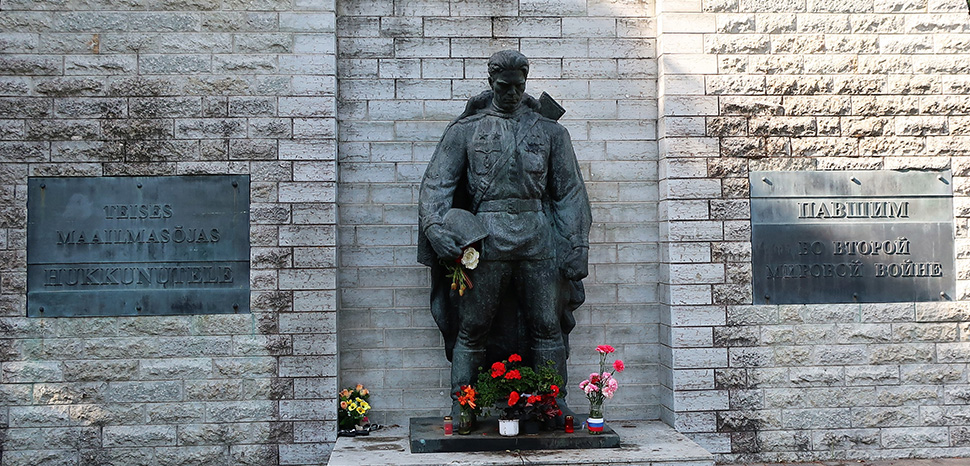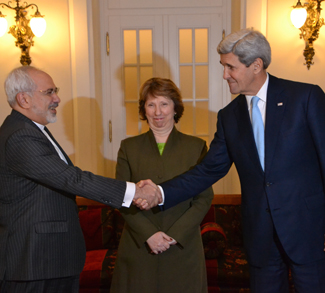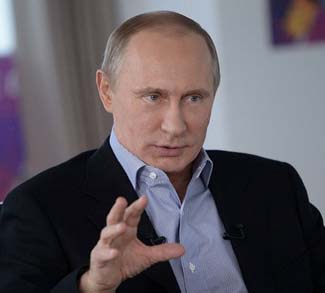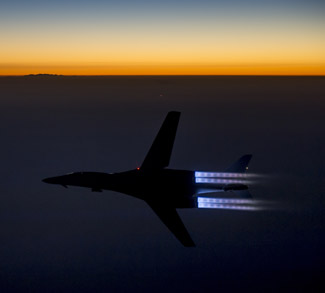One of the most important building blocks for any state is a thorough understanding of its past and how the past can help inform its future. As many states have imperial legacies or were tossed back and forth amongst empires over centuries, the past can be both a weapon and a tool depending on who wields it. In Estonia, the past has been wielded effectively since independence was regained in 1991 in service of a renewed sense of nationhood and identity in the modern Europe of the 21st century. This does not mean that it has always been an easy journey for Estonia, as its occupier and aggressor across the Narva River is often all too eager to attempt to stifle its progress as a multi-ethnic European state. Furthermore, Estonia has had to contend with countless controversial monuments from its time under Soviet occupation that either inspire or disgust based on the intended audience.
Estonia has chosen to place its most controversial and sensitive monuments as out of public view as possible, lingering on the edges of its capital city for those who remain curious to come and visit. On the outskirts of Tallinn not far from its airport, the Bronze Soldier is arguably Estonia’s most controversial Soviet-era monument. It now sits in a military cemetery next to a busy motorway after its removal from central Tallinn sparked unrest in 2007 from segments of Estonia’s ethnic Russian minority, aggravated by Moscow and a vicious cyberattack and disinformation campaign. If you decide to take the 30-minute walk from Tallinn’s old town, the initial route on Google Maps will take you through an endless stream of back alleys, hospital parking lots, and sparsely paved walking trails. For the intrepid traveller, however, it is a doable and even comfortable walk, but it is not without effort, which is the point. The Bronze Soldier now also sits next to NATO’s cyber defence centre, which is incredibly fitting as Estonia’s cyber capabilities are second to none within the NATO alliance.
Just north of Tallinn along the Gulf of Finland, the largest collection of Estonia’s Soviet-era monuments, including statues of Stalin and Lenin, is housed in the courtyard behind the Maarjamae Castle Museum. Upon entering the museum, the visitor is greeted by former Estonian President Lennart Meri’s quote: ‘the notion that the time of Stalins and Hitlers is over is dangerous.’ After regaining its independence in 1991 and joining both the EU and NATO in 2004, Estonia’s leaders have maintained this position and stance towards Russia even as Tallinn’s European partners further west have been all too eager to begin anew. This is aptly demonstrated in Russia scholar Keir Giles’ new book Russia’s War on Everybody, which contains a remarkable quote from former French President Nicolas Sarkozy at the 2010 NATO Summit in Lisbon. Reportedly, Sarkozy told the alliance’s easternmost members, including the Baltic states, ‘I understand that you have had a hard history and I am very sorry for it, but this is history. Let history be history. We are talking about the future, and the future is Russia at our side as our partner.’ In 2010, Sarkozy, and other Western allies of Estonia, painted Tallinn as burdened by and shackled to history to the point that progress with a new Russia could never be made. Under Franco-German stewardship, it could even be considered a prerequisite that to be an EU member state meant working towards harmonious relations with Russia, letting history be history and the ghosts of the pasts stay buried so long as lucrative economic contracts could be made.
It is one thing to dwell on the past and to not warn others, succumbing to nostalgia, grievance, or victimhood. It is quite another to use the past as a warning and as a guide to the present, bringing others along with you to productively shape the strategic landscape. Estonia has chosen the latter, as it does not dwell on the past, but rather remembers and honours it to move forward with a renewed sense of confidence. There is a stark difference, particularly as echoes of the past are never past, to paraphrase William Faulkner, and history is never history, locked in a cupboard enclosed in dust and sealed off as part of a prior era. The war in Ukraine and the tragic consequences of Vladimir Putin’s long reign in Russia are painful reminders of this.
Remembrance of the past also dictates the belief that future progress is not inevitable, and freedom is never something to be taken for granted. For Estonia, this means forging new friendships and reminding those friends and neighbours in Europe and beyond that freedom is a cause worth fighting for. As President Kaja Kallas said in a recent interview with Der Spiegel, ‘when people don’t know that you exist, they will not notice when you are gone.’ This sentiment epitomises Estonia’s survival strategy and sense of fortitude. Estonia not only exists but it is now a moral and strategic leader in Europe influencing its oldest and most powerful nation states despite its small size of only 1.3 million people. Estonia remembers, and that is to the benefit of all of Europe.
The past is not past in Estonia. There is still lingering fear, division, and the seeds of ethnic distrust should they choose to be activated by a populist politician. While an advanced democracy, Estonia is not immune to democratic backsliding and the lure of authoritarianism. However, the various winds of authoritarianism will come and go but the desire to be free will remain an innate human quality. Furthermore, Estonia now has that most precious commodity that imperial Russia and Germany denied it for decades: time. Unlike Vladimir Putin’s Russia, time is on Estonia’s side, but generations of Estonian leaders know that it would be foolish to succumb to the present moment and take time for granted. With NATO increasing its presence in Estonia and thousands of troops from across the alliance regularly transiting through Estonian towns and cities, the country is no longer an afterthought or a backwater on the landscape of Europe. Estonia is unlikely to be forgotten again, but in the wise words of its many leaders, it would be a mistake to believe its importance is assured, just as it would be a mistake to believe that history, with all its tragic consequences, has come and gone.
The views expressed in this article belong to the authors alone and do not necessarily reflect those of Geopoliticalmonitor.com.




